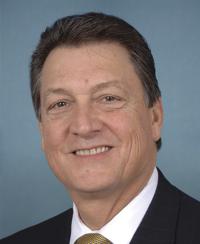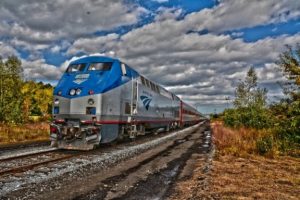SMART TD opposes the recent nomination of former U.S. Rep. Lynn A. Westmoreland of Georgia by the Trump administration to serve on the Board of Directors of Amtrak.

Please see below former Representative Lynn Westmoreland’s extreme voting record on Amtrak in the 114th Congress (2015-2016):
- RCV#110: Voted YES on McClintock Amendment to H.R. 749 — Eliminate ALL Amtrak Funding (3/4/15)
- RCV#303: Voted YES on Brooks Amendment to H.R. 2577 — Eliminate Amtrak Operating Grants (6/4/15)
- RCV#304: Voted YES on Brooks Amendment to H.R. 2577 — Eliminate Amtrak Capital/Debt Service Grants (6/4/15)
- RCV#314: Voted YES on Sessions Amendment to H.R. 2577 — Prohibit Funds for Sunset Limited Line (6/9/15)
- RCV#315: Voted YES on Sessions Amendment to H.R. 2577 — Prohibit Funds for Amtrak Routes 2x Cost/Revenue (6/9/15)
Earlier this year, Trump’s budget proposal to Congress for fiscal year 2018 called for eliminating federal support for Amtrak’s long distance train services, which would result in the immediate loss of 10,000 non-Northeast Corridor Amtrak jobs and the destabilization of the Railroad Retirement trust fund.

 BostonGlobe.com
BostonGlobe.com 



